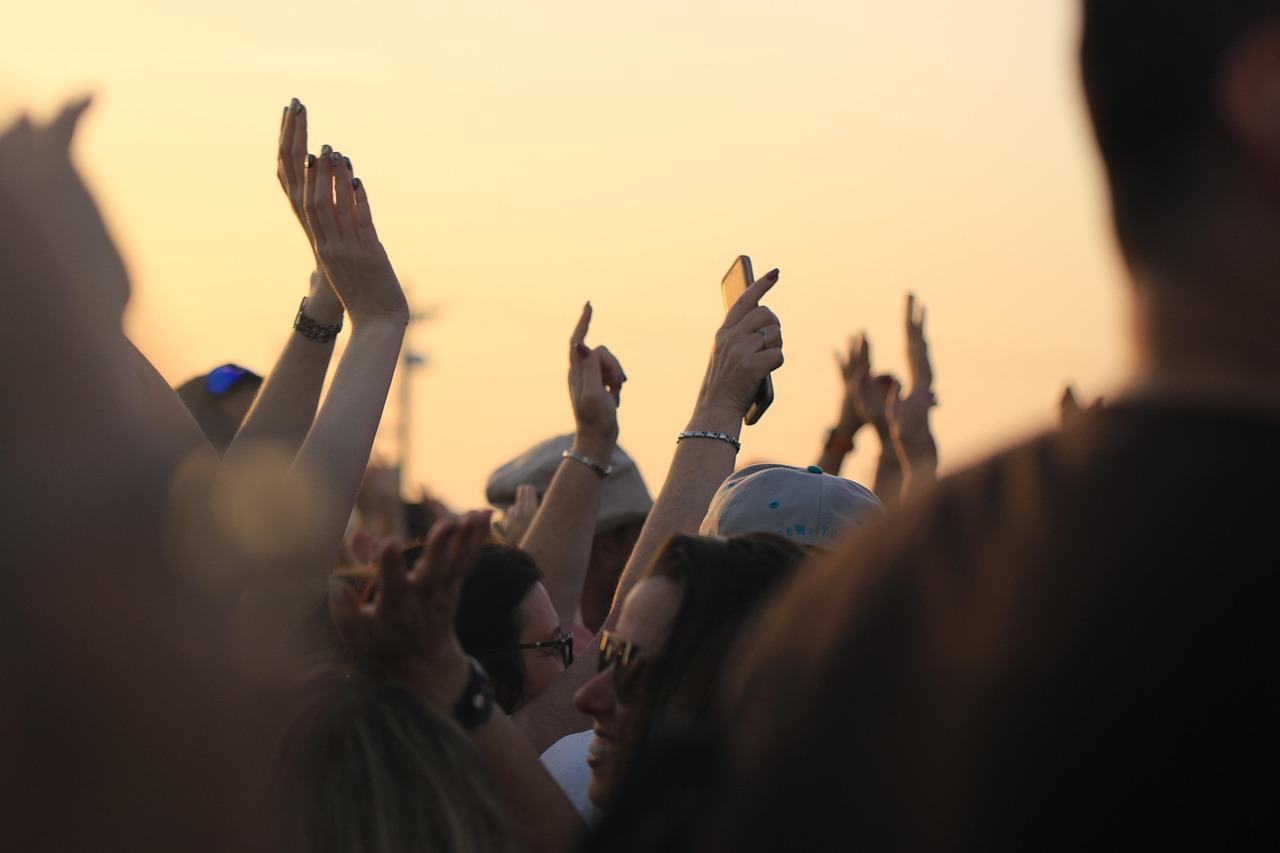Why is the Last Weekend in August One of the Most Popular Dates for UK Music Festivals.

It is debatable when the most popular time is for music festivals in the UK as the season is generally between the end of May and beginning of September. Searching for scheduled events during the last weekend of August each year will throw up many festivals to choose from. What are the factors driving this weekend as one of the busiest?
There is no single factor driving the last weekend in August as one of the busiest in the music festival season. The decision by organisers to choose this weekend is driven by a combination of factors which align to make it one of the most popular dates for festival-goers. Selecting this weekend is likely to make it easier for organisers to secure good ticket sales for their events but what are these different factors driving increased ticket sales for music festivals?
Public Holidays.
In the UK there are eight public holidays every year usually for specific events like Christmas, New Year and Easter but the August bank holiday is the only one not linked to religious date. It was created in 1871 as a holiday for employees to take a break and make the most of the summer. It takes place on the last Monday in August resulting in a 3-day weekend. This makes the dates popular for festival-goers as they can attend a multi-day festival without taking additional days off work although many organisers do turn their festivals into 4-day events running from the Friday through to Monday afternoon.
Weather.
The UK has a moderate climate that is very changeable making it difficult to plan dates for outdoor music festivals in the summer months to avoid inclement weather. However, August is historically more reliable when seeking favourable weather conditions. Warm sunny weather can occur between June and August, but the end of August generally has the most stable weather systems with less rainfall. A mega music festival like Glastonbury always take place in June and the event is known for its muddy fields because of rain and inclement changeable weather for example.
Cultural Tradition.
The long-established UK August bank holiday weekend has been a favourite date for outdoor multi-day music festivals for decades. This has made it a traditional time to consider attending a music festival as festivals-goers aim to make the most of the last days of summer before the Autumn weather sets in. Numerous large scale music festivals have established themselves over the years as destinations on this long weekend and have become permanent fixtures on the festival season calendar making it an annual ritual for festival-goers. The beginning of September is usually when school and university terms start and can coincide with people returning to work from their summer breaks too. Festival-goers often see this as the last chance to party and enjoy themselves before returning to their regular routine.
Other Factors.
The end of August can often coincide with the end of musician’s and artist’s European tours which can increase their availability making them easier to curate for a line-up. A large-scale music festival at the end of August can be a great finale for the end of a tour. Support from local tourism authorities can be generated for the long August holiday weekend as a music festival can attract more visitors to a specific area potentially boosting the local economy. This can make the obtaining of the necessary licences and permissions easier for organisers.
For festival organisers planning their events using a software management platform like Festival Pro gives them all the functionality they need manage every aspect of their event logistics. The guys who are responsible for this software have been in the front line of event management for many years and the features are built from that experience and are performance artists themselves. The Festival Pro platform is easy to use and has comprehensive features with specific modules for managing artists, contractors, venues/stages, vendors, volunteers, sponsors, guestlists, ticketing, cashless payments and contactless ordering.
Image by OrnaW via piaxabay
<< Back to articles
Contact us
Get in touch to discuss your requirements.
US: +1 424 485 0220 (USA)
UK: +44 207 060 2666 (United Kingdom)
AU: +61 (2) 8357 0793 (Australia)
NZ: +64 (0)9887 8005 (New Zealand)